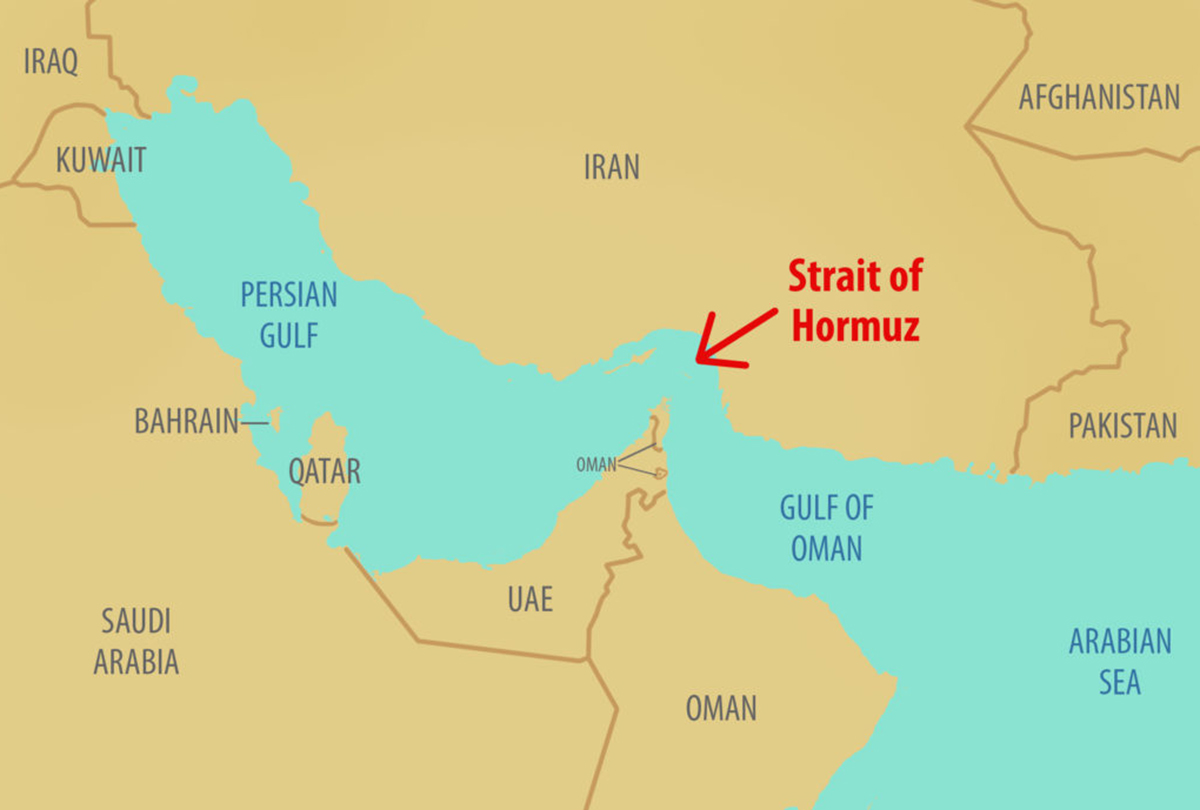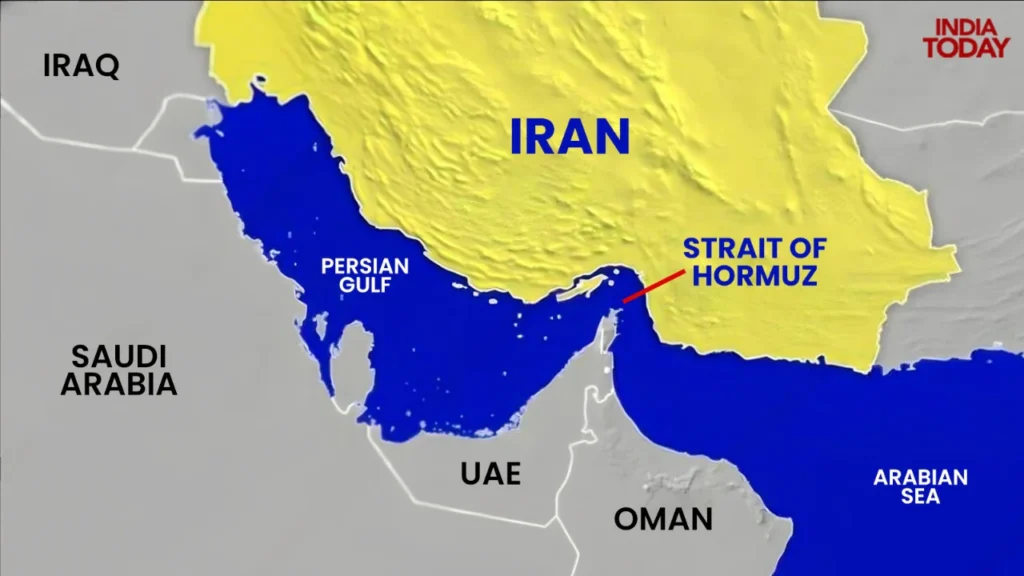Chokepoint Tensions: Could Iran Trigger a Global Oil Shock via Hormuz?
Published on June 23, 2025 | Category: Global Affairs & Energy | Author: [Your Name]

A Tiny Waterway With Massive Global Consequences
Stretching only 21 nautical miles at its narrowest point, the **Strait of Hormuz** handles nearly **20% of the world’s daily oil output**. If Iran closes it—as threatened during recent military escalations with the U.S. and Israel—the ripple effects would be swift and far-reaching, sparking an energy crisis and global economic disruption.
Why Is Iran Threatening to Close the Strait?
Iran’s threat comes after a wave of airstrikes damaged its nuclear facilities, including Fordow and Natanz. In response, Iran’s parliament passed a symbolic bill urging the closure of the Strait to “punish aggressors” and defend national sovereignty. While the Supreme National Security Council holds the ultimate authority, this legislative move signals how seriously Iran is weighing its options.
What’s at Stake for the World Economy?
About **17–18 million barrels of oil** pass through Hormuz daily. Should Iran block the strait—even temporarily—**crude prices could spike over $150 per barrel**, analysts warn. This would drive inflation, hurt major economies like China and India, and place immense pressure on energy-importing nations already battling global slowdowns.
Global supply chains would feel the strain almost immediately, with rising transportation costs, disrupted gas supplies, and energy rationing likely in some regions.
Military Response and Maritime Readiness
Iran has heavily fortified its southern coastline, with fast-attack boats, mines, and anti-ship missiles positioned near the strait. However, the U.S. Fifth Fleet, based in Bahrain, along with the UK, France, and Gulf allies, maintain constant patrols in the region to secure passage and deter any aggressive blockade attempts.
The **International Maritime Security Construct (IMSC)** ensures escort missions and minesweeping operations in emergencies. Any attempt by Iran to close Hormuz would likely prompt a swift international naval response.
Would Iran Actually Do It?
Strategically, closing Hormuz is a high-stakes gamble. While it might showcase Iranian defiance, it could also damage its relationships with allies like **China**, which rely on stable Gulf energy exports. Moreover, Iran itself exports a significant share of oil via the same route.
Experts believe Iran is more likely to use the threat of closure as a **bargaining tool** rather than a final option. Still, even the possibility has rattled markets and intensified regional tensions.
Historical Echoes: Not the First Time
This isn’t Iran’s first time threatening the strait. During the **Iran-Iraq War (1980–1988)** and again during sanctions pressure in 2012, similar threats were issued but never fully executed. The difference now is the volatile combination of military action, nuclear tensions, and global oil fragility.
Conclusion: A Flashpoint the World Can’t Afford
While a full closure of the Strait of Hormuz remains unlikely, even limited disruption would destabilize energy markets, weaken fragile economies, and potentially spark armed conflict. As global powers monitor Tehran’s next move, the world watches with bated breath—because the consequences of this chokepoint shutting down are nothing short of seismic.



